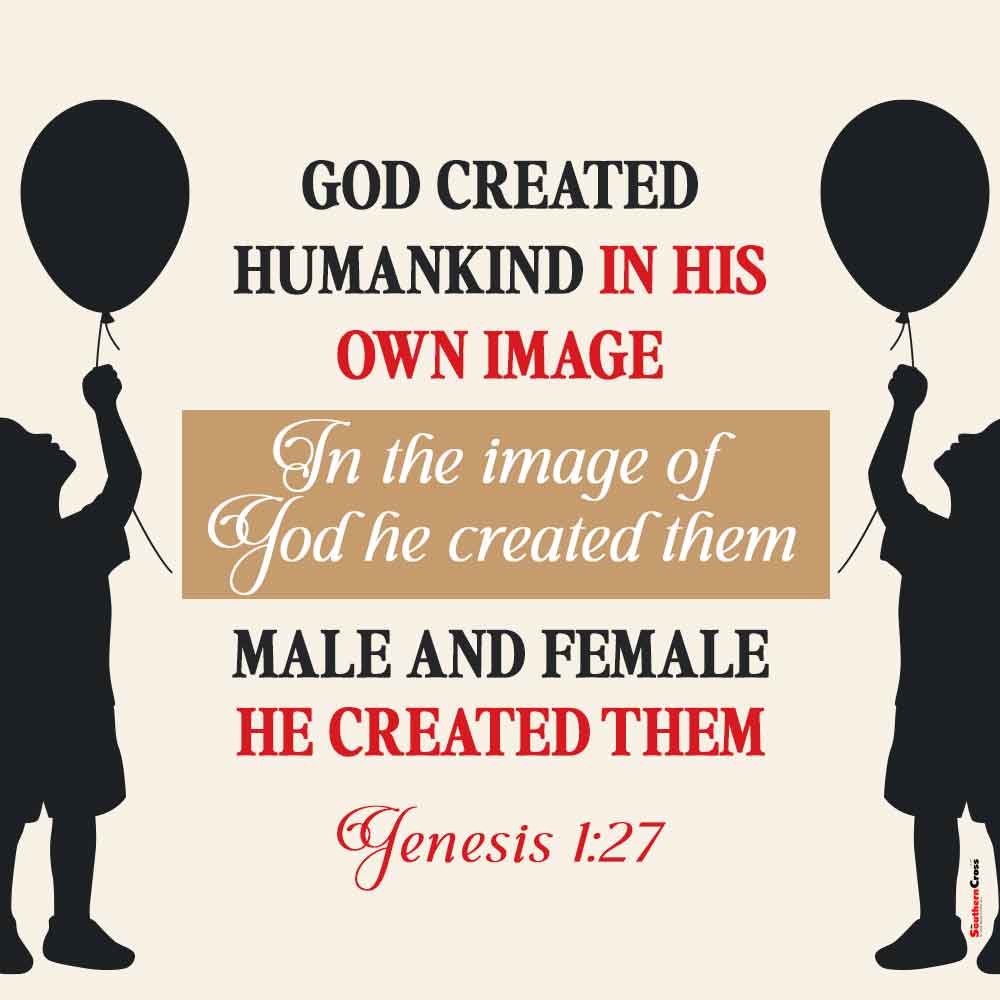A Call to Churches: Respect Yourself and Others Will Respect You
By James Katende – Respect is a foundational virtue, not just in faith, but in life. In South Africa, a nation rich in diversity and history, the message of “Respect yourself and others will respect you” resonates deeply—especially within the Catholic Church and other Christian communities.
This powerful principle, rooted in Scripture and echoed across denominations, is more than a moral guideline; it is a way of life that shapes individual identity, uplifts communities, and brings healing to a country still on a journey of reconciliation.
In the Catholic Church, respect begins with understanding that each person is made in the image and likeness of God (Genesis 1:27). This belief teaches that every human being—regardless of background, race, social status, or past—has inherent dignity and worth. Respecting oneself, then, is not pride or arrogance, but a humble acknowledgement that you are God’s creation, deserving of love, care, and purpose. When you recognise your value in Christ, you begin to walk with confidence, integrity, and peace. You begin to make decisions that reflect the truth of who you are.
Other churches throughout South Africa uphold this same truth. Whether it is preached from the pulpits of Pentecostal congregations, echoed in the songs of African Independent Churches, or taught in Methodist Sunday schools, the message is clear: self-respect is the foundation of moral living. The way we carry ourselves—how we speak, dress, treat our bodies, and relate to others—flows from how we see ourselves. When a young person is taught to respect themselves, they are less likely to fall into destructive patterns like substance abuse, violence, or sexual immorality. They become beacons of light in their families, schools, and communities.
But self-respect is only the beginning. The commandment to “Love your neighbour as yourself” (Mark 12:31) reminds us that respect must also extend outward. In South Africa’s churches, where worshippers speak many languages and come from many walks of life, mutual respect is a testimony to God’s power to unite. Churches that embody respect become places of refuge, healing, and hope. They become agents of transformation in townships, cities, and rural areas alike.
To respect others means to listen with compassion, to speak with kindness, to serve without expecting anything in return. It means valuing the contributions of the elderly, giving the youth a voice, and treating women and men with equal dignity. In churches across South Africa, this kind of culture builds stronger communities. It breaks the cycle of judgment and replaces it with grace. It heals the scars of racism and division, and replaces them with solidarity and peace.
“Respect yourself and others will respect you” is not just a slogan—it is a spiritual principle. When a church teaches its members to carry themselves with dignity and to extend that same dignity to others, it becomes a light in the darkness. In a world where disrespect, violence, and division often dominate the headlines, the Church must rise as a beacon of what it means to live with honour.
South Africa needs men and women of faith who walk tall not with arrogance, but with divine confidence. We need young people who understand their worth in Christ. We need church leaders who model integrity, and congregants who show respect to their neighbours, their communities, and even their enemies.
Let the Catholic Church and all Christian churches across South Africa unite in this calling. Let us teach our people: respect yourself, because God has created you with purpose. And when you live with self-respect, others will see your worth and they will respect you too.
- Christmas: It’s Not Just Another Day - December 16, 2025
- Do We Understand the Role Joseph Played in the Early Life of Jesus? - December 3, 2025
- There’s a Price You Must Pay for the Kingdom - November 20, 2025






